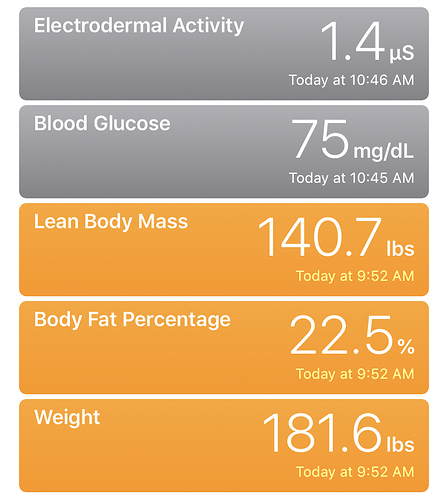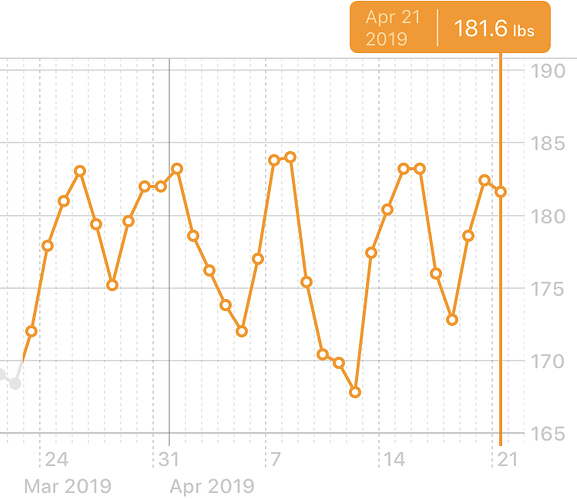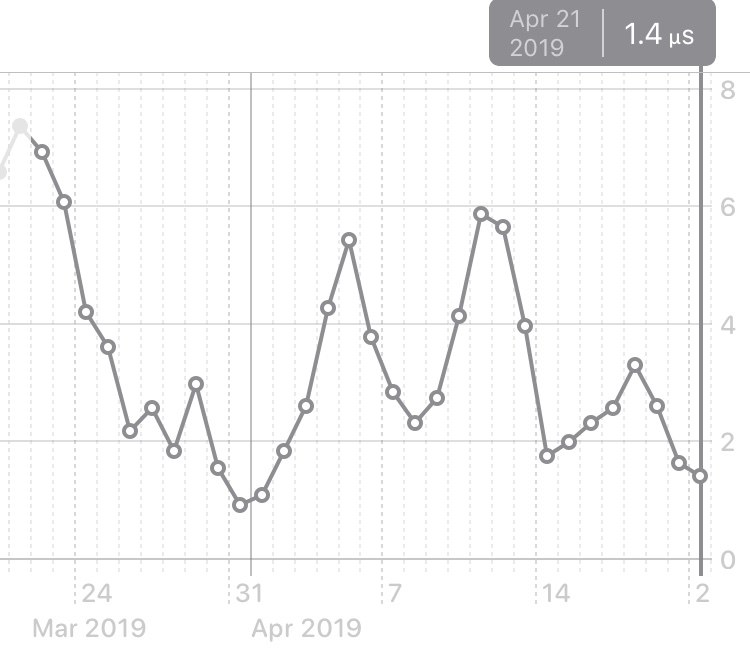ok… so ketones are like glucose. The level of glucose in the blood is based on the body’s homeostasis (equilibrium) based on the expected need of the body for energy as well as the processes trying to control it.
Ketones are similar and the body does adapt over time, but the BLOOD ketone measure is always meaningful.
So let’s take a journey from a SAD to a fat adapted body.
We start out as glucose burners. Depending on our level of obesity and insulin resistance, the body tries to maintain a glucose level around or under 100. With insulin resistance, the blood glucose rises and the insulin rises as the fat cells become overstuffed. I bring this up because understanding glucose is just as important as understanding ketones in the big picture of GKI. Glucose levels indirectly signal insulin. This metabolite (glucose) to hormone (insulin) relationship is important because it’ll come back later.
Insulin, by the way, is made in the beta cells of the pancreas. Glucagon, it’s “nemesis”, is made in the alpha cells of the pancreas. They’re both part of the critical balance of metabolic hormones and they are intentionally in opposition based on the body’s metabolic feedback loops. One goes up, the other comes down.
Then we reduce or stop eating carbs and glucose drops… and insulin drops… and then we go through the keto flu, losing electrolytes and water… until the pancreas starts releasing glucagon and the body starts to access fat. First, it turns it into fatty acids. Lipid molecules are made of a glycerol backbone and three very long chains of fatty acids. The glycerol is converted to glucose (gluconeogenesis) to support the cells that have to have glucose. The fatty acids are transported (in cholestrol) to those cells that can use them directly. These aren’t ketones, they’re literally fatty acids.
If you maintain low carb intake, the body moves to the next stage where it starts to make ketones, but it has some challenges - how much to make? how to get the cells that are carb burners to use them?
ketones are made after fatty acids and the cells slowly adapt to using them. The liver is the master controller and without a history of ketone usage, it goes into super-life-saving mode. This means that it’s going to generate SO much more than you could possibly use. It’s literally relearning how to live.
This is where ketones are made, and glucose is made from protein, lactic acid, and fats… and there is a surplus because there’s no history… you cannot be allowed to lose consciousness, so burn, baby, burn…
In this brief window (maybe a couple of months), you will lose more fat than ever as the body literally doesn’t care about waste. It’s focused on survival. During this time, you will have ketones in the blood, urine, breath, sweat… you will be oozing ketones…
Then… the liver starts to “get it”. It knows what you need for energy. It knows how many cells have switched over to using ketones vs. glucose. It knows when you’re going to eat and what you’re likely to eat… and now, it starts to adapt.
It starts to limit the ketones and plays around with your metabolic rate to try to zero in on what you actually need so it stops being so wasteful. This is fat adaptation. You become a fat burner and an efficient one at that. At that point, urine ketones stop.
Breath ketones continue because it’s a measure of what you’re using, but it’s also all over the place based on your actual energy usage.
But blood ketones now reach their own homeostasis… just like glucose.
So insulin and glucose are one side… and glucagon and ketones are on the other side. Your body can now go from sugar to fat burning… and this is where you come in with a tester.
When you measure both, you’re really looking at whether your body is a fat burner (glucagon dominant) or a sugar burner (insulin dominant). That’s why GKI is meaningful. It’s an indirect measure of your hormonal balance.
When you’re glucagon dominant, you’re most likely burning external and internal fats. This is a very catabolic (breaking down) state. When you’re insulin dominant, you’re most likely burning external and internal sugars. This is a very anabolic (building up) state.
If the ratio drops below 1, then you’re in a glucagon land … and you’re in autophagy - heavy fat and even old lean mass being broken down. If you’re over 1, you’re in different balances between the two and you can go from being in ketosis (1-6), to being way out (9+).






 . I find the vegan aspect of keto pretty interesting, I have to admit. I was a vegetarian for years but couldn’t imagine taking the vegan plunge. Last few days for me have been just meat and onion.
. I find the vegan aspect of keto pretty interesting, I have to admit. I was a vegetarian for years but couldn’t imagine taking the vegan plunge. Last few days for me have been just meat and onion. Cute joke!! I like it.
Cute joke!! I like it.
